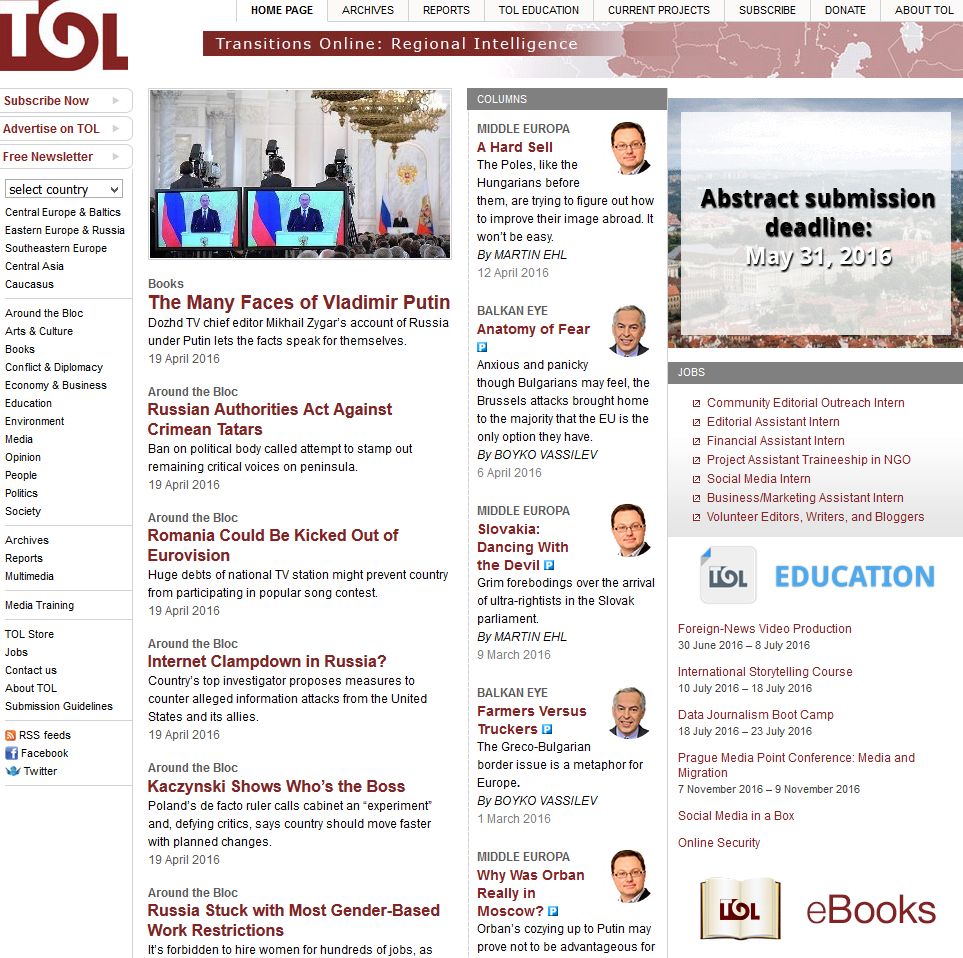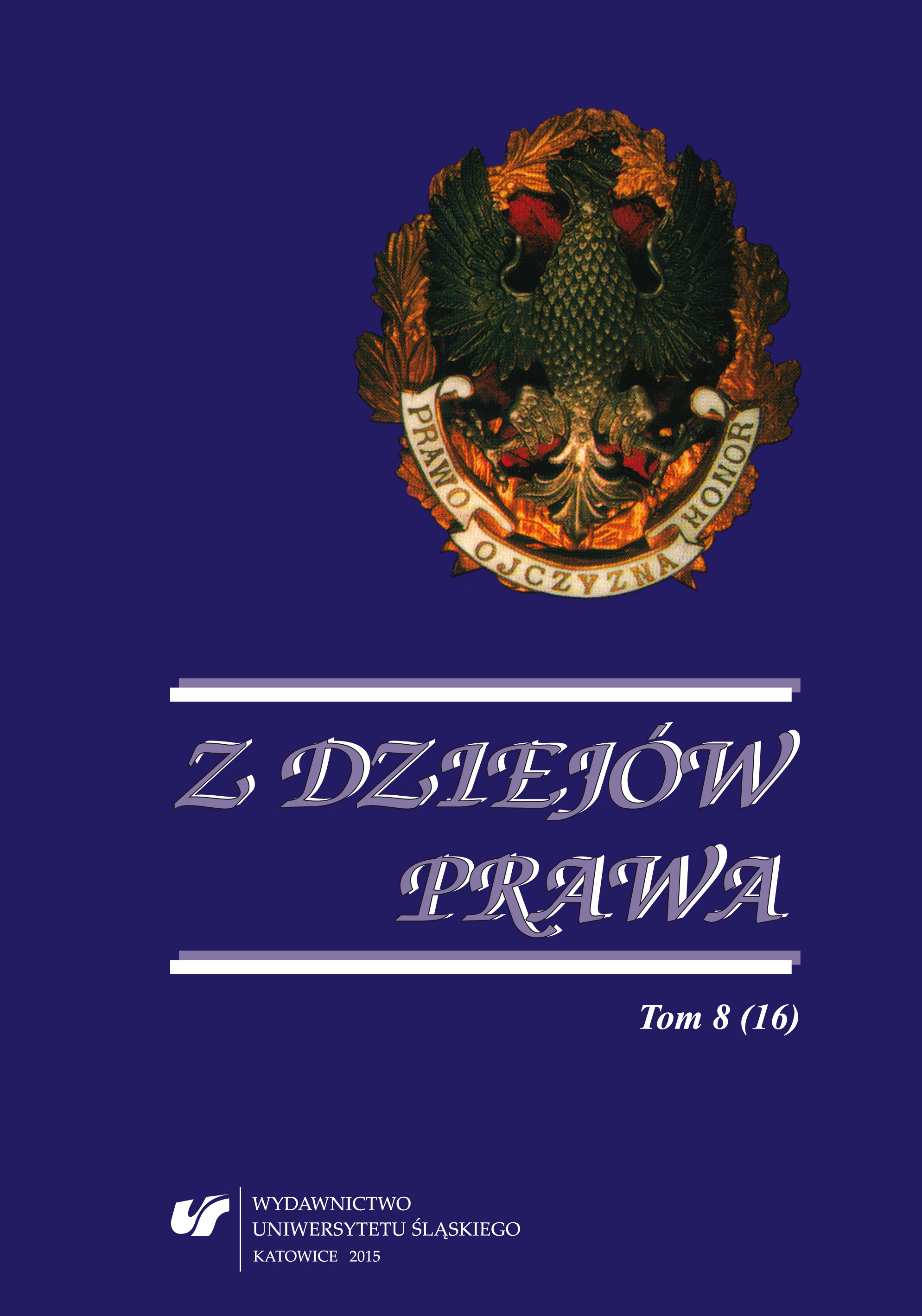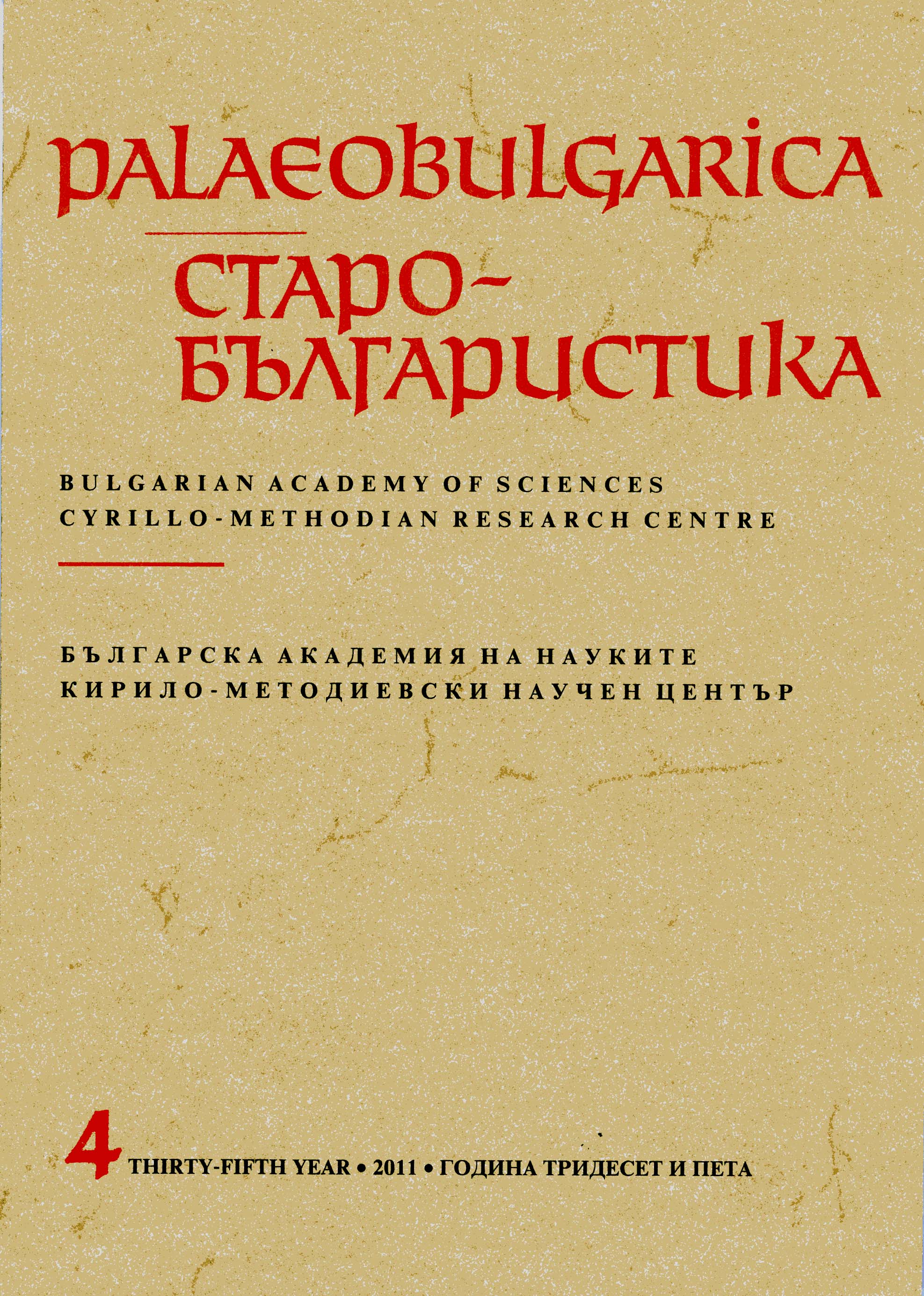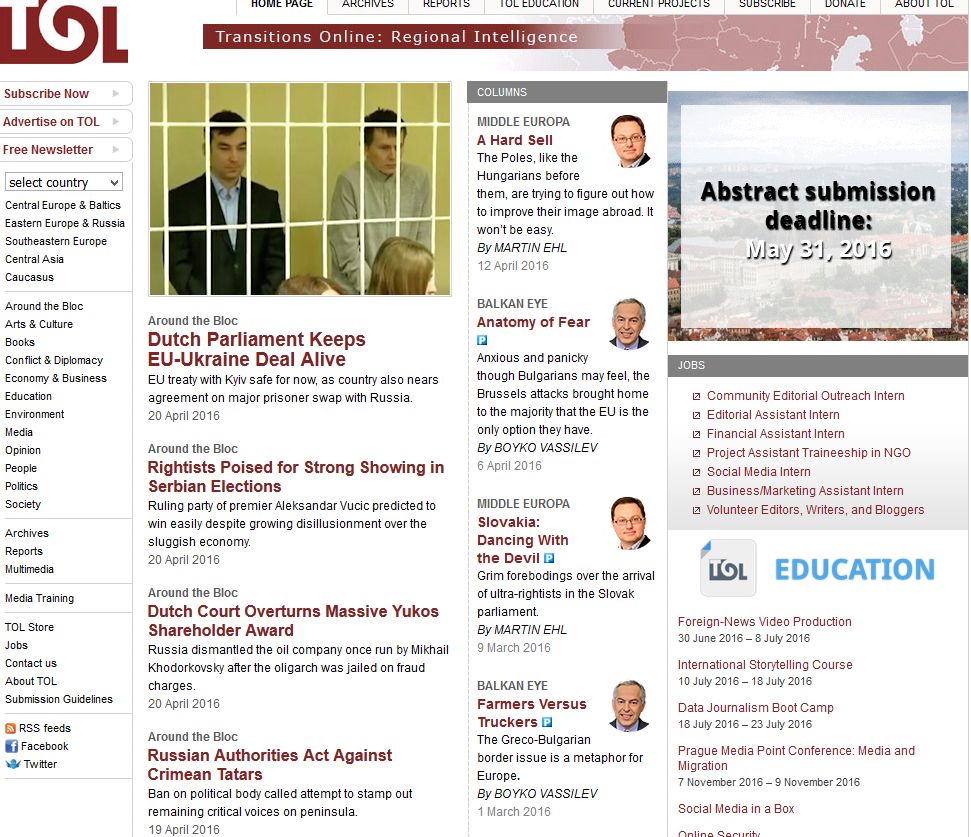Achieving sustainable construction within private finance initiative (PFI) road projects in the UK
Achieving sustainable construction within private finance initiative (PFI) road projects in the UK
Keywords: built environment, construction, economy, private finance initiative, sustainability, roads, O18, O52, R11, R42, R51
The construction industry is facing the challenge of increasing demands of its sustainability performance. The construction and maintenance of the built environment has substantial impact on the sustainability of the environment. Meanwhile, public sector clients are increasingly asking for a sustainable approach in their specification and procurement decisions, sustainability is still seen as a novel concept within the construction industry in many parts of the world without a settled definition. The premise of this study is that the interaction between road projects realized by the private finance initiative and their delivery in the UK improve sustainability. The paper, based on the case study research, explains the sustainability implementation in two PFI road projects and demonstrates that the PFI mechanism facilitates sustainable implementation to a far greater extent than is achievable using traditional procurement methods.
More...



